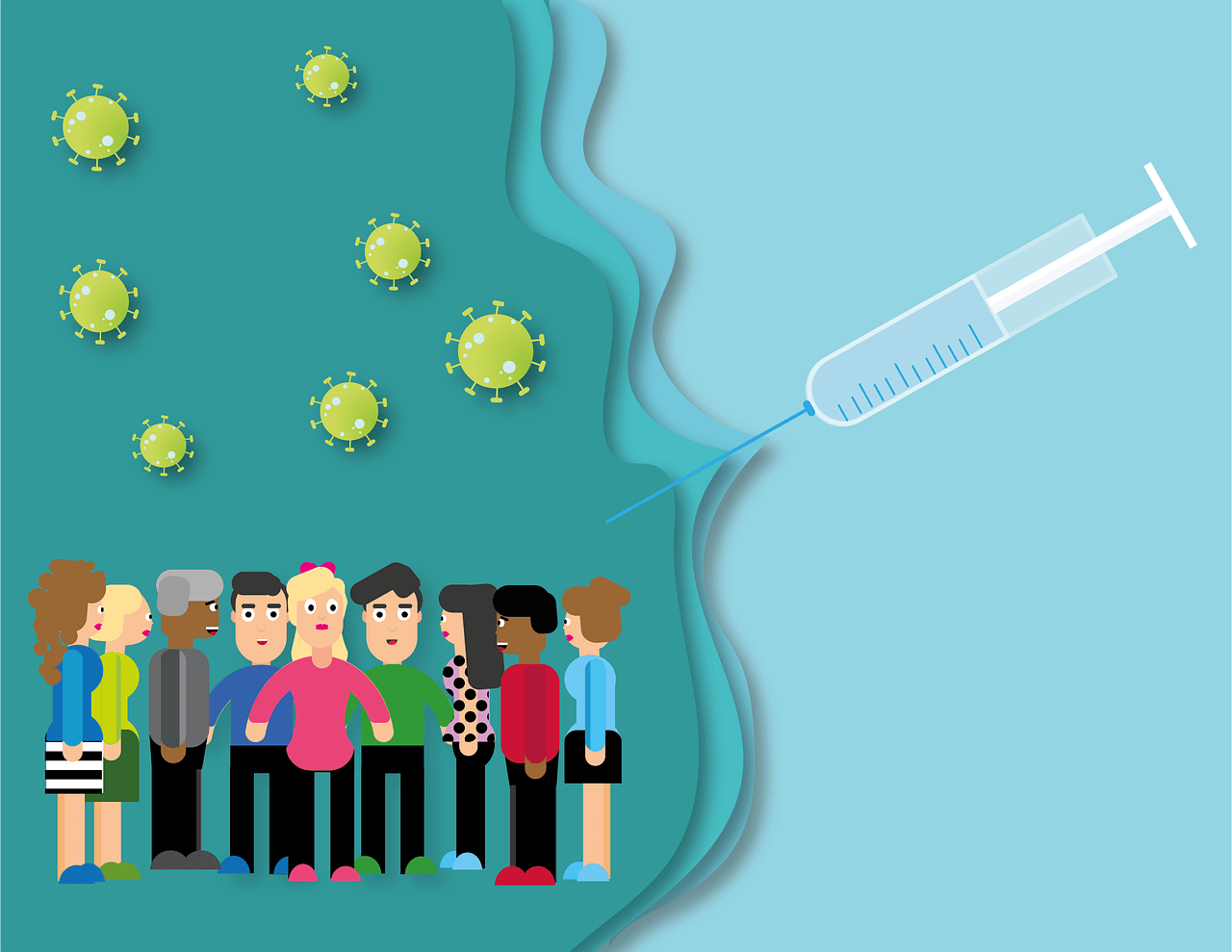Making The Unvaccinated Face Consequences Saves Lives – As With Smoking; Loss of Employment, Pay For Tests and Other Costs, Medical Consequences
[soros]Q3 2021 hedge fund letters, conferences and more
Making The Unvaccinated Pay
WASHINGTON, D.C. (October 18, 2021) – Making adults who have refused to be vaccinated face the consequences of their own decisions, rather than simply trying to persuade them to get jabbed voluntarily, is working, just as it did with getting people to quit smoking, says public interest law professor John Banzhaf, who led the battle which successfully slashed smoking by making it increasingly difficult not to quit.
Requiring people to be vaccinated to keep their jobs is getting many to stop holding out, just as employers which insisted on employing only nonsmokers got many former smokers to quit, says Banzhaf, noting that efforts to get them to give up cigarettes with persuasive messages, financial inducements, and even by providing free smoking-withdrawal clinics were largely unsuccessful.
Indeed, he notes, even employers which only prohibited smoking in the workplace still got many of their workers to quit by making it more difficult and inconvenient to remain a smoker. Similarly, businesses which require their unvaccinated employees to submit to frequent Covid testing – especially if the workers must arrange for and even pay for their own testing – makes it much more difficult to remain a Covid vaccine holdout.
Years earlier, when Banzhaf got smoking restricted and then banned on commercial airline flights, this seemingly minor inconvenience was enough to persuade many smokers to abandon their cigarettes. President Joe Biden is reportedly looking into banning persons who haven’t been vaccinated from flying internationally, and probably even domestically, just as Canada has already done, says the professor.
Because in all these situation it’s much more difficult to pressure people to quit smoking – which often require breaking a long term addiction to nicotine – than it is to get a simple, readily available, and free Covid shot, these techniques which proved so successful regarding smoking are likely to be even more effective in persuading vaccine holdouts.
Severe Consequences
Sometimes the consequences of refusing to get vaccinated – like the consequences of refusing to quit smoking – can be even more severe than losing a job or not being able to fly.
For example the Occhsner Health System, Louisiana’s largest, will charge employees roughly $200 a month more if their spouse or domestic partner on the company health plan is unvaccinated. This fee is similar to what’s been in place for tobacco users, and is in line with the benefits offered by many health care organizations and companies, notes Banzhaf.
It’s also based upon the same principle as the 50% smoker surcharge that Banzhaf helped persuade Congress to include in Obamacare; that smokers whose practice imposes enormous costs on the health care system should pay those costs – not just to encourage them to quit, but also because fairness provides that the costs should not be imposed on the majority of insured who are not smokers.
In another example, the University of Colorado’s transplant center at the University of Colorado’s Anschutz Medical Campus is denying organ transplants to unvaccinated patients in “almost all situations.” This is similar to the decisions made by many hospitals and other health care centers even many years ago which refused to provide transplants to patients who were smokers, says Banzhaf, noting that the once radical policy is becoming more widely accepted.
For example a majority [54%] of doctors at Britain’s National Health Service [NHS] now support measures to deny non-emergency treatment to smokers and the obese, says Banzhaf.
The law professor argues that none of these measures is punitive, or designed primarily to pressure people into improving their own health. In each situation involving smoking, obesity, or going without vaccinations, the primary motives are simply to protect the health of third parties, and to require those who make very risky health decisions bear the consequences of their action is so far as possible, he says.












